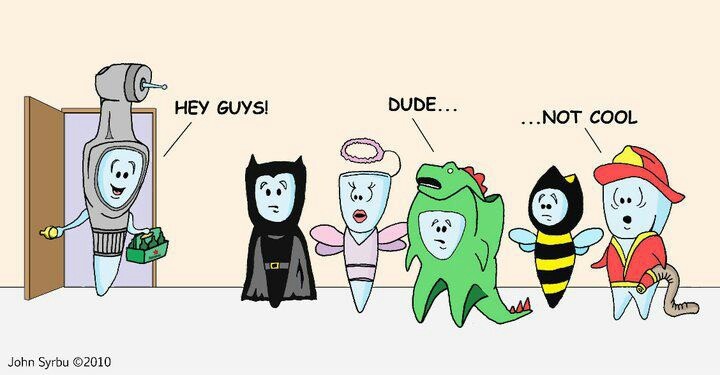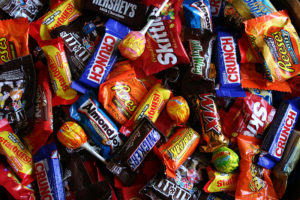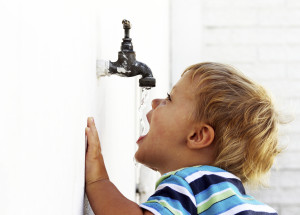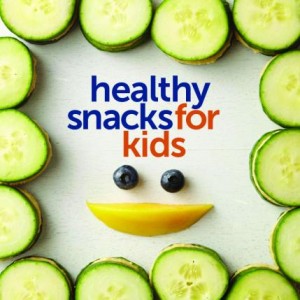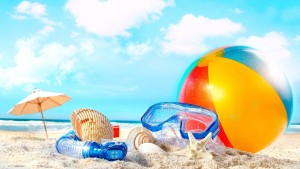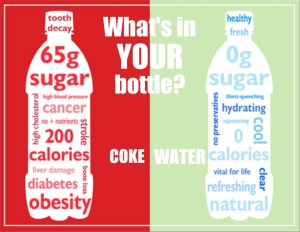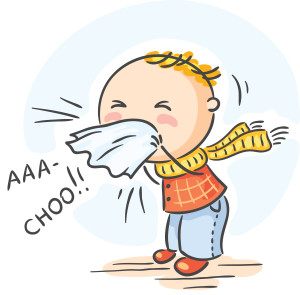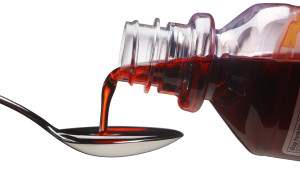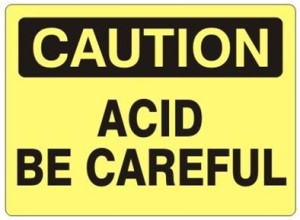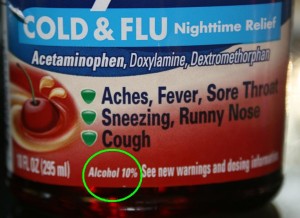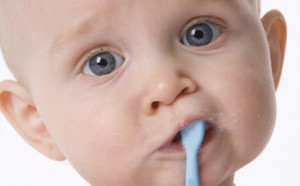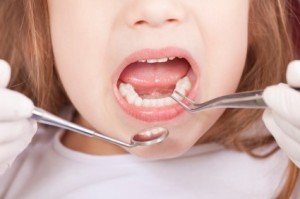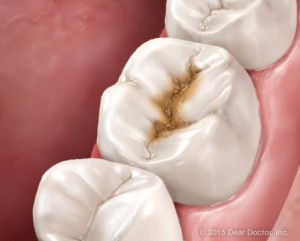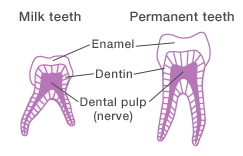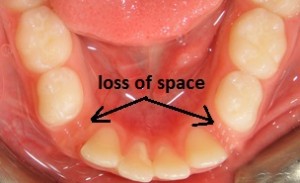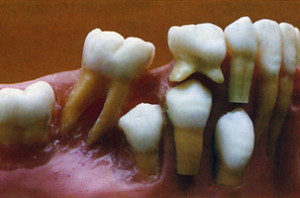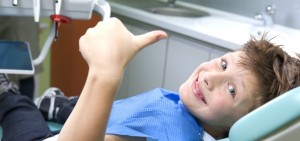Dr. Z Offers Minimally Invasive Laser Treatment in Pearland and its surrounding areas.
Dr. Z is pleased to be a dentist in Pearland, Texas who offers highly effective BIOLASE Waterlase™ technology in her office. Waterlase Dentistry is revolutionizing the way certain dental procedures are performed, including treatments for periodontal disease and tooth decay.
Dr. Z is qualified to utilize the minimally invasive Waterlase™ to treat many dental conditions with less discomfort to the patient and in some cases use less to no anesthetic. Waterlase Dentistry uses laser energy and a gentle spray of water to perform a wide range of dental procedures — without the heat, vibration, and pressure associated with the dental drill, and in many cases without the blood of a traditional scalpel. Dr. Z offers an array of Waterlase™ treatments to patients who would prefer to receive the latest laser treatment as an alternative to more traditional oral surgery methods.
Those who suffer from anxiety due to past dental experiences or fear of needles are more likely to feel calm and relaxed when receiving treatment with the gentle Waterlase™ system, with many patients reporting no or less pain, and many cases of fewer shots. Laser-based dental care has also been shown to cause less swelling and bleeding at the treatment site. Patients have been shown to recover more quickly, with faster healing, with the use of Waterlase, making dental care a much more convenient and pleasant experience. Additionally, Waterlase speeds up many procedures, allowing for same-day dental treatments without patients being referred out and wasting days of examinations and scheduling multiple-day procedures.
Waterlase Dentistry
Waterlase dentistry is one of the most advanced dental treatments available to Dentists today. Waterlase uses a patented technology that combines focused light energy with a stream of water for a highly precise, exceptionally gentle dental experience. Waterlase allows your dentist to perform a wide range of procedures with benefits including:
- Less pain and faster healing time, with less trauma to teeth and gums.
- Less usage of anesthetic for most procedures.
- Treatment of more than one part of the mouth in one visit, eliminating referrals and specialist visits in many cases.
- Making dental care a more relaxing experience for you!
More Comfortable
Waterlase Laser dentistry uses laser energy combined with a cool spray of water to perform a wide range of dental procedures without the heat, vibration, and pressure associated with the dental drill. With many procedures, it’s possible to use less anesthetic, or no anesthetic at all. Many patients report only feeling a cooling sensation from the water spray!
More Convenient
With Waterlase Laser Dentistry, dental visits can often be shorter, and more can be completed in a single visit. When procedures can be done without anesthesia, you save time. Dr. Z can complete more treatment in the same scheduled visit and save you the time of running around to various specialists
More Precise
Dr. Z can remove decay far more precisely than the drill. This saves more of the healthy parts of your little one’s tooth and avoids micro-fracturing damage that might occur with drilling in traditional methods.
What can Waterlase Dentistry do for you?
Dr. Z can provide your youngest patients with gentler, kinder, faster procedures with Waterlase Dentistry. Waterlase provides a safe and easy alternative for treating cavities, with less pain, less shots, and often children only feel the cool water spray! Waterlase is a transformative tool for helping children with frenectomies and tongue-ties, making the procedure faster healing, and less traumatic for both the patient and parent.
Waterlase may also be used to perform other procedures that could benefit your oral health:
- Improve your smile: After braces, we may suggest contouring or shaping your gums using Waterlase Dentistry to improve the appearance of your smile – safely removing excess gum tissue that may give you a “gummy” smile, or make your front teeth appear irregular in size or shape.
- Remove Oral Growths: Quickly and safely remove growths or excess tissue in your mouth including gum tissue over an unerupted tooth, small “tags” called papilla, and growths called fibromas.
- Fix a “Tongue Tie” or prevent Gum Recession: Connections that restrict the movement of your tongue or cause your gums to recede can be “released” with less post-operative pain. This can even assist with speech impediments resulting from tongue tie, and latching problems for babies!
- Treat Cavities: Waterlase Dentistry helps treat cavities without the heat, vibration, and pressure associated with a dental drill. It removes decay, reduces bacteria at the cavity site, and is usually performed in less time due to little or no local anesthetic (no shots!)
Contact us or schedule your appointment online today to see if Waterlase Dentistry is right for your little one.








